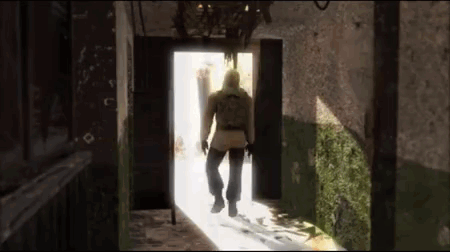Oops, We Broke the Internet
Remembering How Weird and Beautiful the Internet Used to Be
You know what I genuinely miss? (Oh brother, here she goes again..) That weird, wild west era of the early internet, when websites flashed neon colours, marquees scrolled like they were presenting the morning news, and blinking cursors waited impatiently for your eyes to catch them. The old internet was janky as all hell, but in a quite charming, and homemade sort of way. It was genuinely like a digital playground, weird and messy, but magical. Where creators threw whatever they could think of at the screen, hoping something would stick.
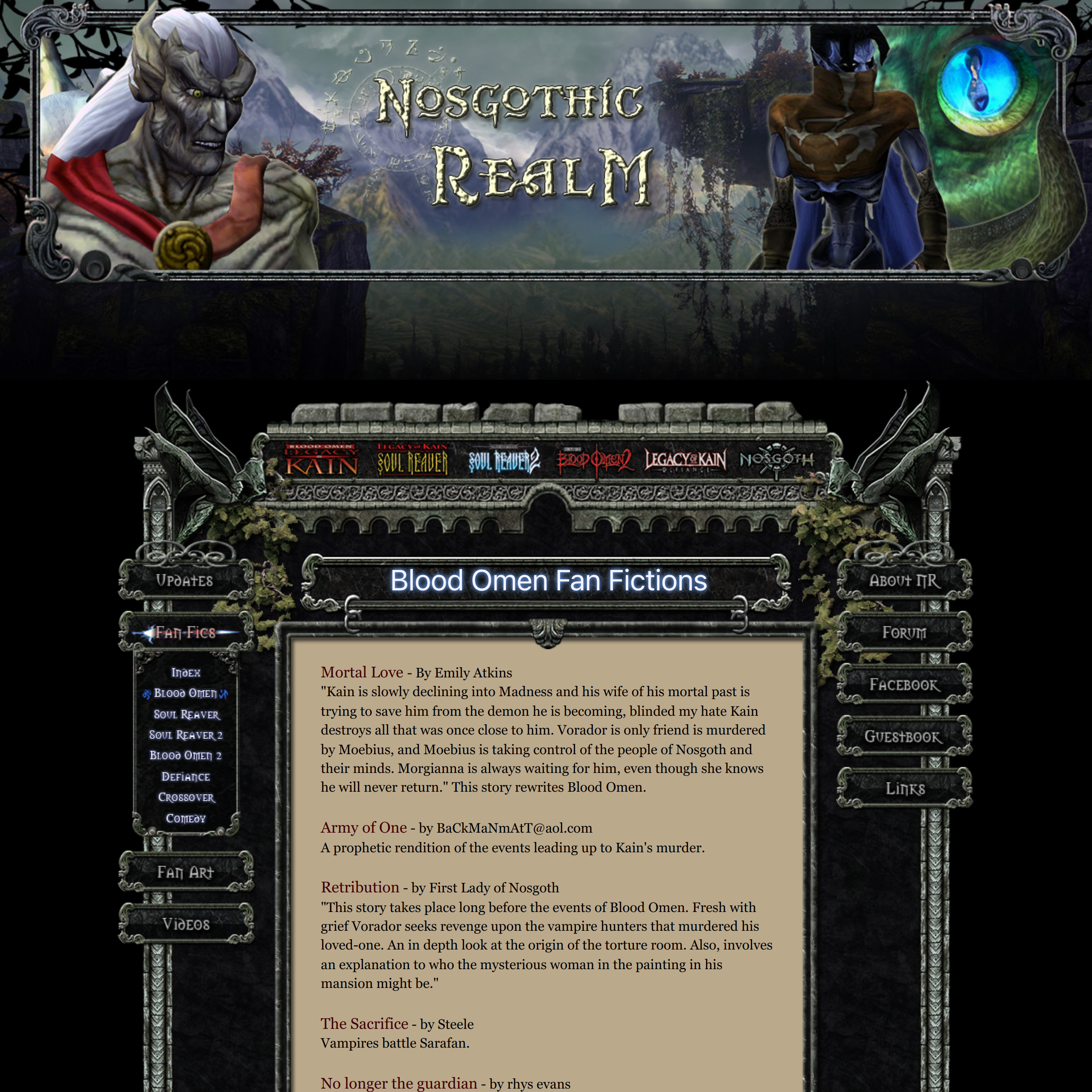
Today, the internet feels completely different, right? Silicon Valley and good 'ol capitalism swooped in, corralled us into 3 or 4 core websites, and turned us into extraction sources, where every click is data that they could sell. Our online lives are smooth, frictionless, and… if I'm being complete honest, kind of soulless. But there’s a movement bubbling under this shiny surface, something for us all, something beautifully imperfect. Welcome to the Digital Commons, baby. A collective rebellion that is trying to reclaim the internet as ours.
I remember making my first website on the tail end of the GeoCities era. I was far too young at the time, but from what I do remember, It was a visual nightmare, filled with animated GIFs of Pokemon fanart, and a green glowing sparkly cursor, yet it captured something genuine: an actual reflection of who I was at the time. Each page was like a tiny world to me, crafted with care, passion, love, and the naive enthusiasm only a child of the late 1990s could have. This personal connection to creation is something we are already starting to lose entirely in the modern, commodified internet.
We once had a hundreds of forums bustling with passionate debates, niche interests explored in frightening depth, and communities bonding over our shared obsessions. These places had personality, and they felt alive. Today’s online spaces in comparison, feel like sterile malls, designed completely and solely for consumption and efficiency.
A Radical Return to Community
So, what exactly is a Digital Commons exactly? I'm glad you asked! Think of it like your local community garden, but based online. They are shared, open spaces on the internet, collectively owned, and managed by the people who use them. Digital Commons prioritise our human connection and creativity over the drivel of clicks, likes, and shares.

Back in the 90s, Japan experienced what they called the “healing boom”, people craving simplicity and authenticity amidst the economic stress of the time. Similarly, today’s digital commons are the equivalent healing boom from internet burnout that we are all going through. Silicon Valley, capitalism and the structures that be, want us exhausted, endlessly scrolling, and addicted to dopamine hits from notifications. Digital commons however, tap you on the shoulder and whisper quietly, “Hey, relax and come over, and just...exist here.” It’s a gentle but powerful form of resistance, intentionally rejecting and opting out of the toxic cycle of endless productivity.
Now Imagine digital spaces where profit wasn't the primary driver, and where engagement is actually measured by genuine interaction rather than the set metrics. These spaces don’t mine your data, they actually protect it. Privacy is built in and default, not some optional setting hidden somewhere that actually does nothing. This shift fundamentally alters our relationship with technology, turning it from something we consume into something we all actively shape.
And perhaps most importantly, digital commons can encourage us to log off more often, fostering a healthier balance between online and offline life. The aim isn’t constant connectivity but meaningful, intentional interactions when we do choose to connect.
Platforms That’ll Make You Love the Internet Again
Mastodon, Bluesky and the Fediverse
Imagine Twitter without a billionaires pulling strings left and right. Welcome to the Decentralized Web. This federated social media space thrives on individuality. I’ve found all sorts of niches there, like little communities of anime fans, artists, retro gaming nerds like me, all curating their spaces independently but connected by threads of solidarity.
The Decentralized Web isn’t just about replacing post-enshittified social media; it reimagines what social media could be from the get go. Each instance sets its own rules, moderated by actual community members who understand and care about their communities. And this fosters healthier discussions, more meaningful interactions, and ultimately, stronger communities.
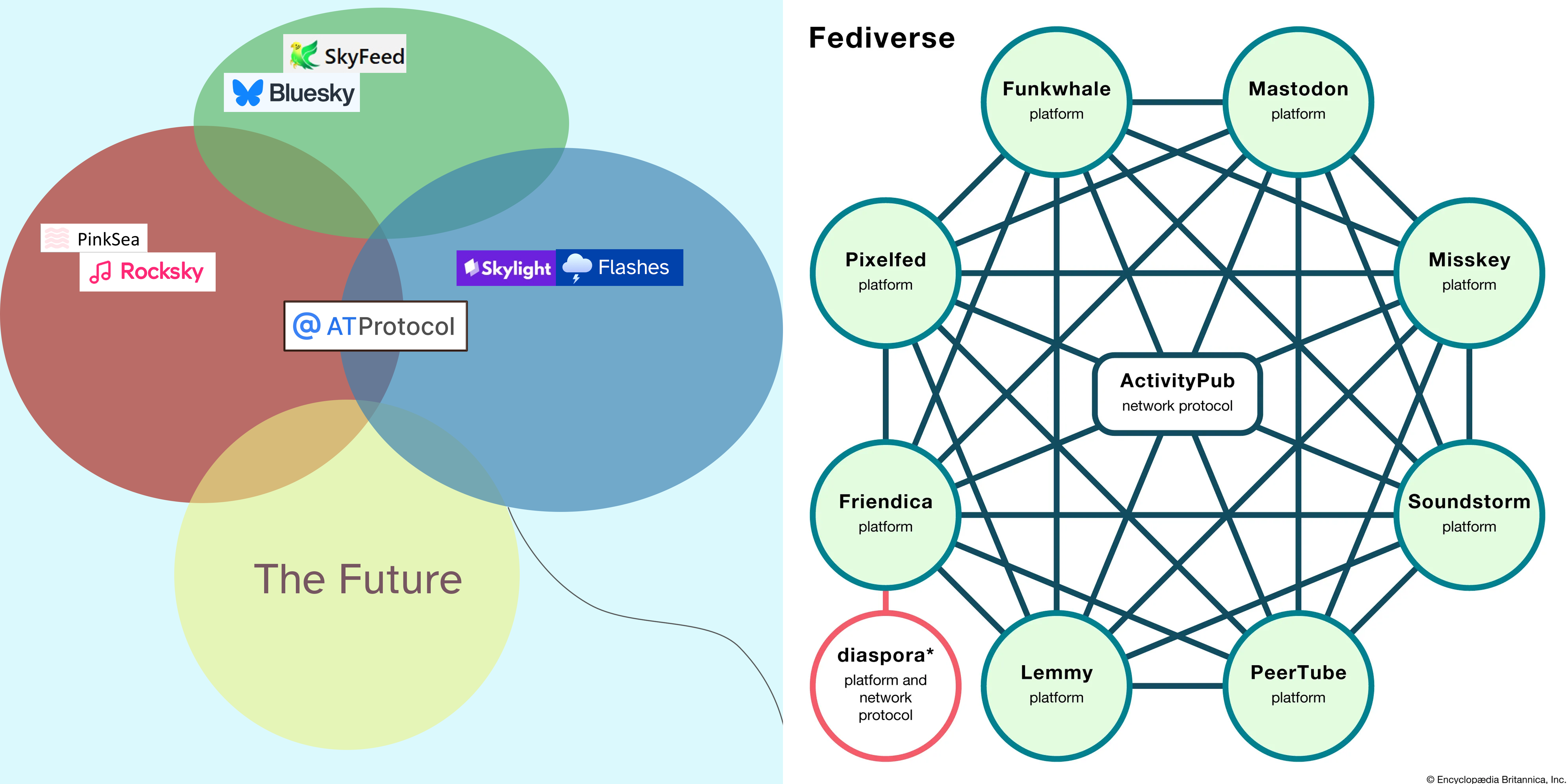
PinkSea
One service on top of the service I use the most (Bluesky) is PinkSea. And everyone, PinkSea honestly feels like magic. It’s this little pocket of the internet that actually gets this shit, it’s not about chasing clout or grinding for views, it’s just pure creation for the sake of it. PinkSea is basically this beautiful little online oekaki board built on top of the AT Protocol, and it feels like a time machine in the best damned way. You log in with your Bluesky account (or anything that's on the AT Protocol), and instead of uploading some art you've already made, you have to draw it right there, in the moment, using a built-in simple canvas. Just pure, in-browser drawing like the old internet used to have. But what makes PinkSea special isn’t just the tech, but also it’s energy. It brings back that raw, fleeting feeling of creating something just because you wanted to, and not because you needed likes or attention. Every piece feels a handcrafted, and a little vulnerable, and it is! And that’s what makes it so fucking real. It’s so rare to find a space like that now, where you’re not performing, but you’re just making. PinkSea feels less like a little hub, and more like a tiny, little world where art still belongs to the artist.
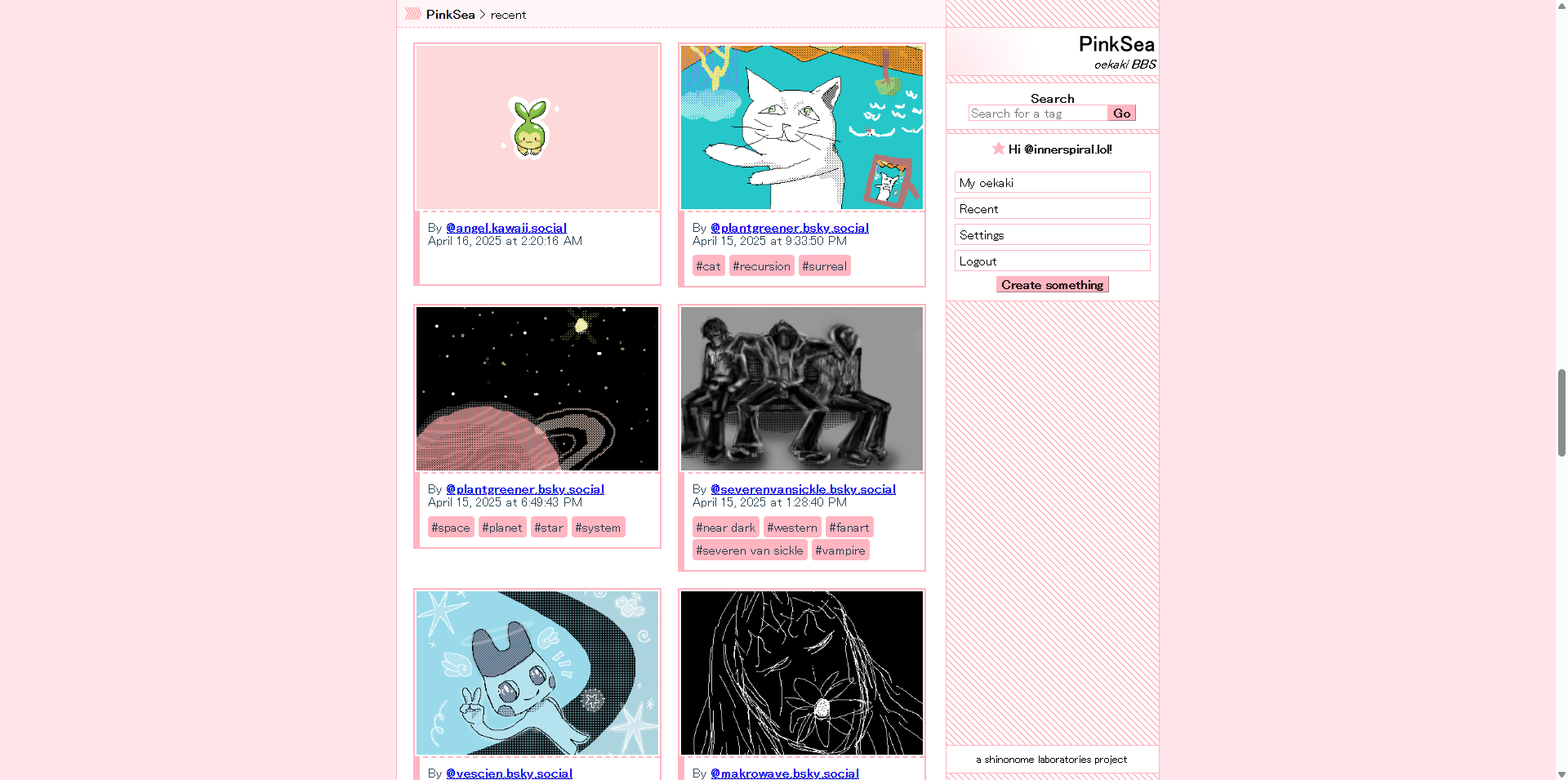
PeerTube, Funkwhale, Matrix
PeerTube is basically YouTube without ads, Funkwhale is Spotify without any algorithms, and Matrix is Discord without any corporate surveillance. These types of platforms restore our agency, allowing communities to self-manage content, moderate interactions humanely, and prioritise privacy. It’s messy at times, but beautifully so, like a DIY concert where nothing goes quite to plan, but everyone leaves with a bunch of unforgettable stories.
And honestly, my favourite discoveries have been the tiny decentralized web finds or cool platforms I randomly stumble across the web. These places capture the magic of early internet forums, like actually genuine interactions with people passionate about niche things, and completely free from profit-driven motivations.
Retro Revival – When Nostalgia Fuels Resistance
The visuals of the late 90s and early 2000s aren’t just about nostalgia, they’re political. Back in those Geocities and Angelfire days, the internet was ours. Reclaiming these vibes isn’t just mere escapism; it’s reclaiming our right to our own messy creativity and personal authenticity.
Take Neocities and Nekoweb, intentional homages to GeoCities, where thousands of folks craft websites purely out of passion. It’s grassroots digital art, vibrant and unrestricted, echoing the anarchic spirit of the web’s early days. (Where this site is hosted!) Then there’s Flashpoint and Ruffle, resurrecting the era of weird, quirky Flash games and animations, and protecting them from the dark oblivion of planned obsolescence.
Beautiful Imperfections
Of course, the decentralized internet isn’t perfect. It’s got its bugs, usability hurdles, and moderation challenges. But honestly, that’s part of its charm, like those glitchy, beloved games of our youth. Think Alpha Protocol or Evergrace, which are celebrated precisely for their charming imperfections.
Moderation without central control can get tricky, yet community-driven spaces often create healthier cultures because they can rely on accountability and trust rather than algorithmic control. Accessibility always remains a real issue; some decentralized tools can feel daunting initially, but these imperfections humanise the internet, reminding us real people, and not faceless corporations, are at the helm of this ship.
I should also mention sustainability. How can we ensure these decentralised platforms stay afloat financially without compromising their ideals? Community funding, grants, and transparent, cooperative models might hold the answers we need.
Decentralisation also raises important questions about scalability and governance, can these platforms grow without replicating the problems they seek to escape? It’s a challenge, but one worth engaging with to safeguard the future of the digital commons.
Why Play Matters Politically
Revisiting old games have also taught me something powerful, our experiences change because we change. Games we once found impossible become easy. Stories we ignored suddenly resonate deeply. Similarly, revisiting the concept of decentralisation also reshapes how we see ourselves and the internet.
Just like the quirky charm of replaying an awkward but beloved childhood game, decentralised platforms offer imperfect yet profoundly human experiences. Imperfection, creativity, and experimentation aren’t flaws here, they’re celebrated. This approach reshapes our relationship with digital spaces, fostering deeper connections and genuine community building with one another.
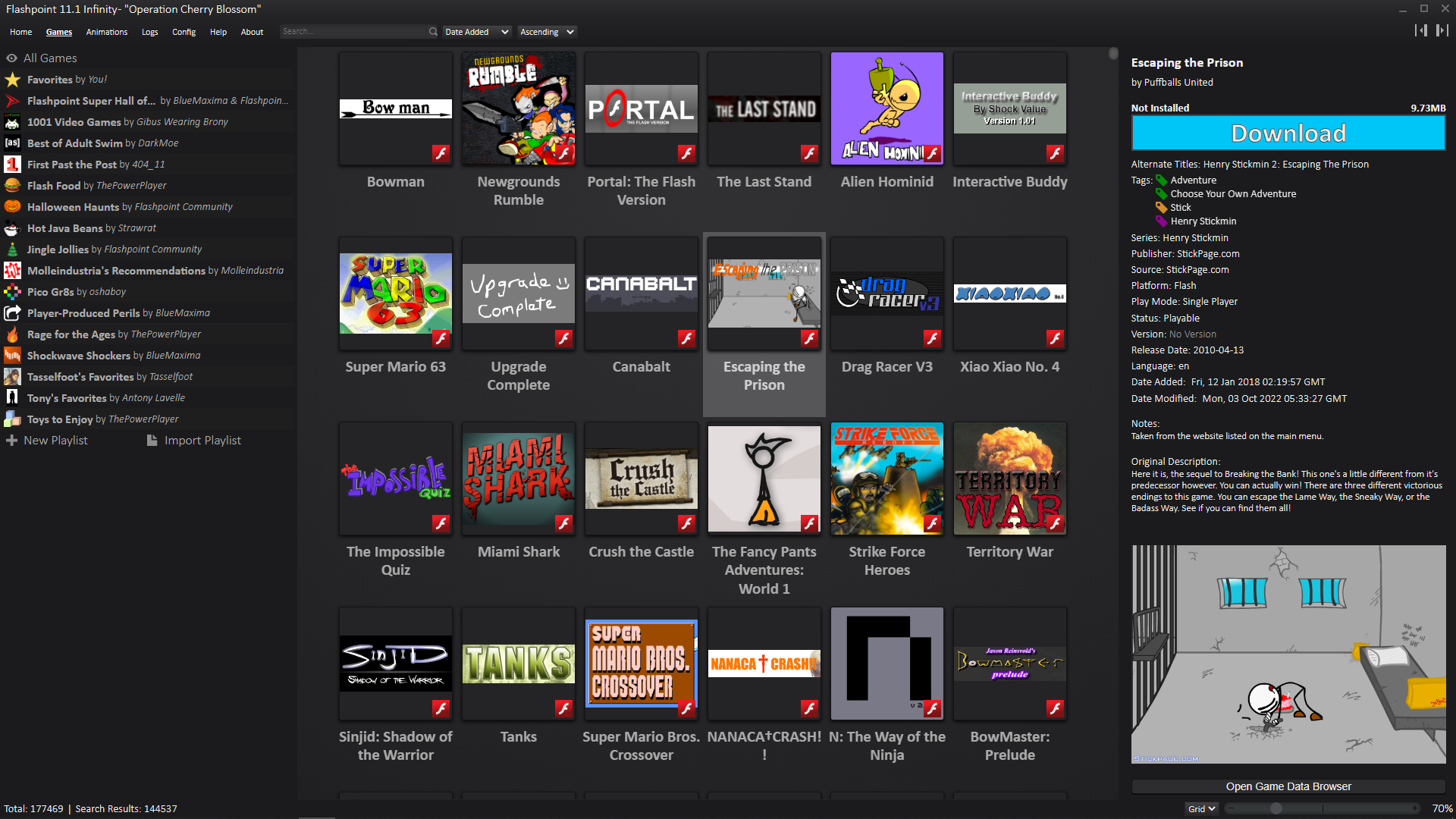
Game preservation through decentralised archives and community-driven platforms also parallels digital commons. Platforms like Flashpoint show how decentralised initiatives can ensure our collective cultural preservation, while allowing future generations to enjoy and learn from our digital past.
Games also offer valuable lessons in community-driven governance and moderation, essential components of sustainable decentralised platforms. By examining how gaming communities self-regulate, manage conflict, and foster inclusivity, we also gain practical insights into managing digital commons more effectively.
Let’s Get Weird Together
Here’s my invitation to join this digital revolt. Create a personal website on Neocities. Join a forum about your niche hobby. Explore indie platforms like PeerTube. Embrace the slow, thoughtful pace of a digital commons, like planting flowers in, and watching them slowly bloom.
The digital commons aren’t just alternative platforms; they’re collective dreams of a better online world. We’re not just trying to reclaim our digital spaces; we’re reshaping how we connect, create, and care for one another.
So, let’s get weird. Let’s embrace that wild and abrasive jank and imperfection. Let’s build an internet that belongs to us, beautifully chaotic, vibrantly human, and fiercely ours. And maybe, most importantly, let’s embrace these spaces as a way to finally log off more often, reconnecting with our offline selves and the world around us.
